Why Tablets Are The Perfect Platform For Horny Games
They’re Interactive
They’re Sexy As Hell
They’re Affordable
They’re Fun To Play With Your Partner
Tablets Are Portable
Tablets Are Bigger Than Phones
Ready to play horny games?
…
…
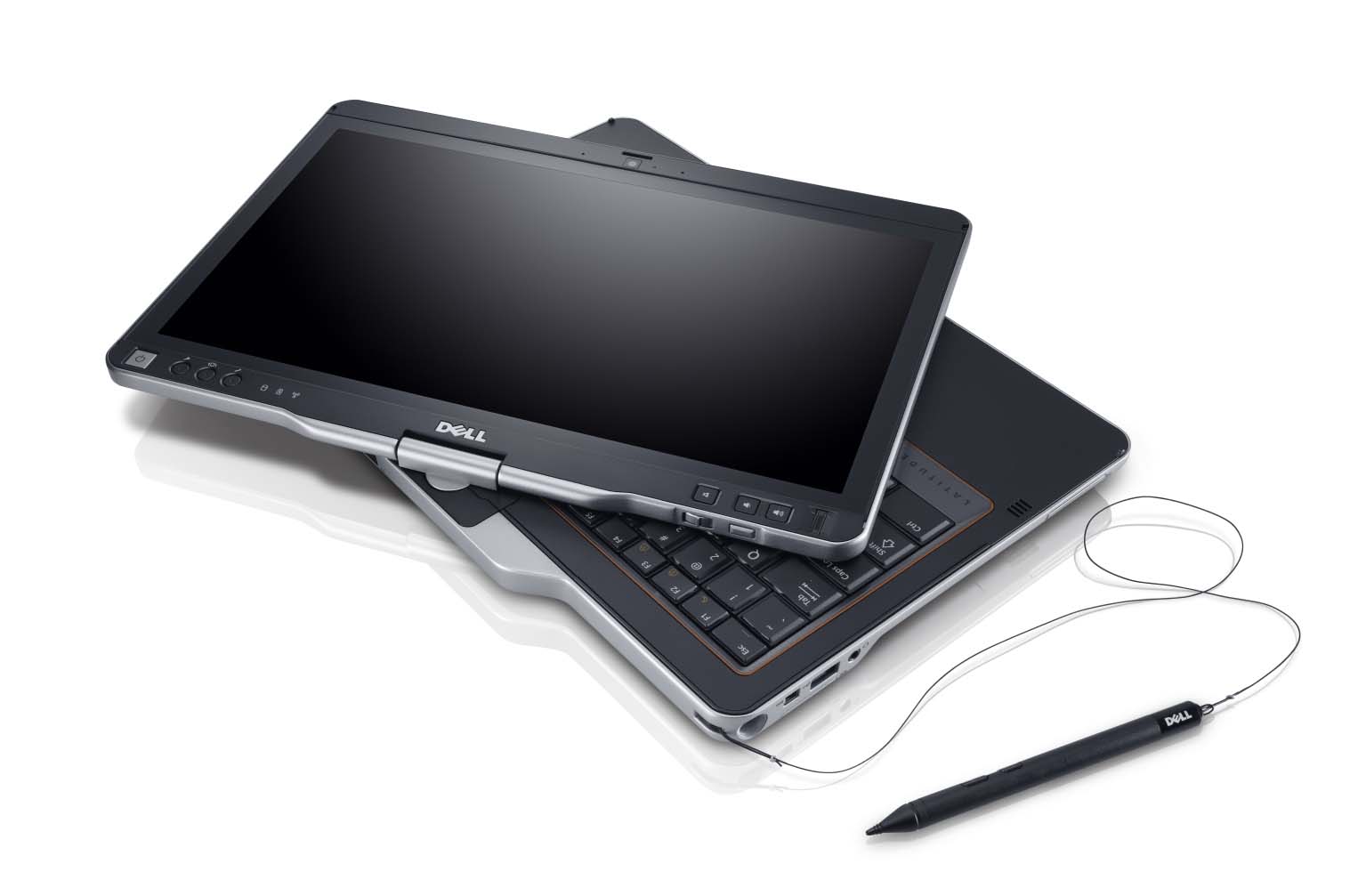
Bottom line first: The Latitude XT is a pretty good convertible tablet, with a good blend of features and a couple of outstanding options. It’s also expensive, but some of that expense can be justified by the build quality, which is sturdy, and by those options, namely the DLV screen and the 64 GB SSD (solid state disk). In addition, the N-trig DuoSense pen and touch digitizer works exactly as advertised and with a very pleasant, light touch. Is the XT right for you? Read on and make your own decision…
What was bought, and why: The configuration of my XT is as follows:
•Core 2 Duo ULV U7600 1.20 GHz, 533MHz FSB
•DLV (400 nit) Screen
•Vista Ultimate with Media
•2 GB RAM – (See text)
•Full set of Recovery Discs and Documentation – (No charge)
•64 GB SSD
•8X DVD +/- RW Optical Drive
•6 Cell Primary Battery – (See text)
•45W Mini-Charger
•Draft 802.11n Mini-Card
•360 BlueTooth Card for Vista
•OneNote (Who can’t use another copy of OneNote…???)
•3 Year ProSupport Service
As a dedicated “slate person,” I approached this purchase with some reluctance. After standing on the sidelines for well over a year, watching slates languish while the OEM’s rolled out new convertible after new convertible, I simply got fed up. Motion’s decision to cancel the LE1700WT, one of only two interesting new slate designs, was the last straw. I briefly considered the TabletKiosk i440D, but in the end I simply wanted to try the N-trig digitizer. The N-trig design approach appealed to me, especially the “light touch” required for passive (touch) operation; other touch screen designs had disappointed me with the amount of touch pressure that they required.
Once the philosophical decision to consider a convertible had been made, it was easy to dive in with both feet… in for a penny, in for a pound, as they say. I decided to upgrade to a really bright screen to help mitigate ambient light and outdoor visibility issues, an SSD to see if all the hype was real and Vista Ultimate because if I was going to spend all this money, I wasn’t about to scrimp on the OS! And since the thing was going to cost so much, it only made sense to me to buy the ProSupport Service; not that I expected any trouble, but our family has owned many Dell computers and we’ve always been pleased with the service / support plans.
A couple of other comments about the Dell “purchase experience.” First of all, I’m going to say that my experience with Dell Sales Support, Customer Service and Tech Support (3 different services) has been nothing short of superb. I really mean that! To date, I have no reason to fault any of these operations.
But that doesn’t mean that an odd thing or two didn’t happen along the way. When I tried to initially place my order over the Internet, I discovered that Dell’s order system was malfunctioning; I could configure an order but it wouldn’t let me actually place it. So I called Sales Support, where I discovered that the order system wouldn’t accept an order if only 1 GB of RAM was requested. Since 2 extra GB of RAM (1 GB basic + 2 GB expansion RAM = 3 GB) was ~$400, I had decided to order and install 2 GB of Crucial RAM, which cost all of $55! But the order system wouldn’t budge; I had to order an extra GB of RAM (1 GB basic + 1 GB expansion RAM = 2 GB) just so the system would accept the order. Sales Support agreed to place the order with the understanding that I could return the extra GB of RAM for credit once I received my XT.
Note that I also ordered all the recovery media and documentation with my XT. Dell …
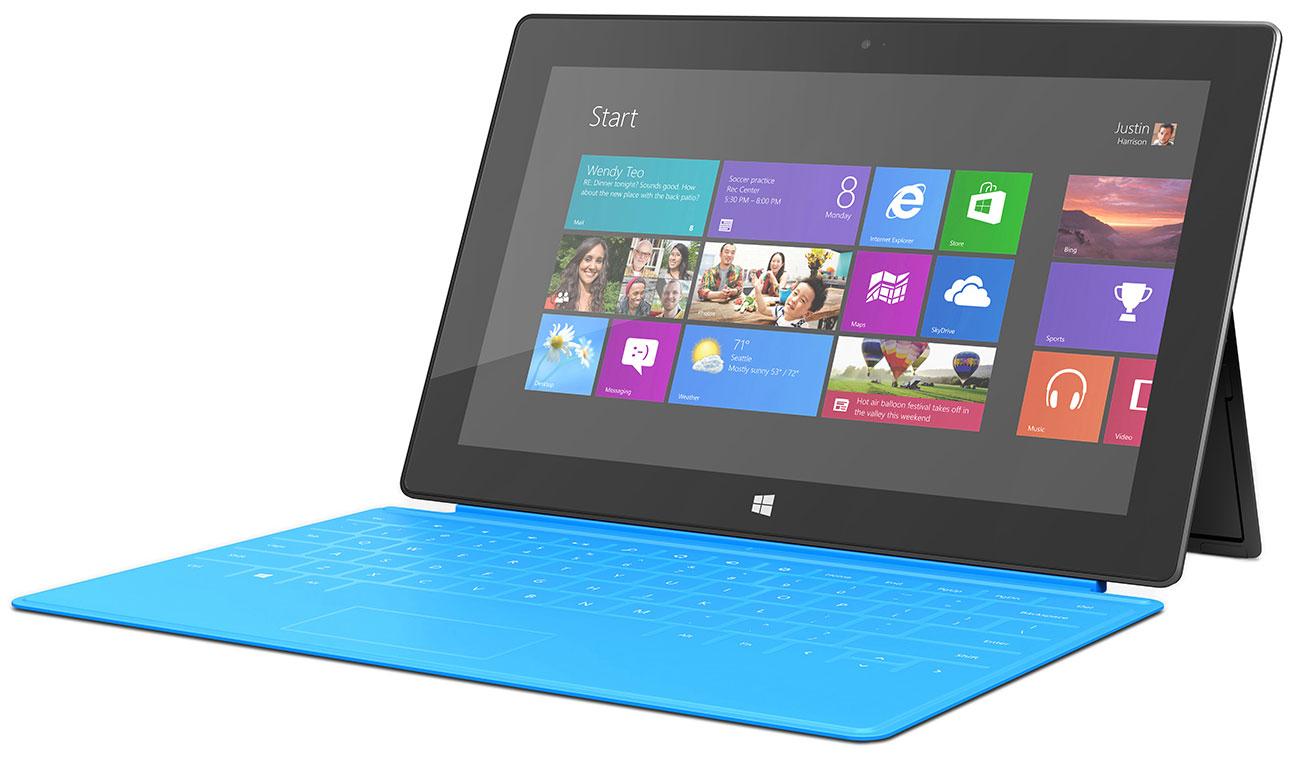
OK, so we have a little economic situation going on…maybe you’ve heard about it?
Since not only do I own TabletPCBuzz but also a company that just sells tablet PCs to gamers, I have been thinking a lot about what the current circumstances mean.
In the beginning (which I define as August 2003 when I started selling tablets) and through the beginning of last year, the majority of our customers were individuals. That doesn’t mean that they were using the tablet for personal use only, just that few organizations were deploying tablets company wide. Usually, it was a technology-loving executive that had enough juice to get a tablet instead of a laptop.
Since the 2nd quarter of 2008, we have seen a steady decline in individual purchases but a drastic increase in the number of companies who are purchasing multiple units for deployment. They are pairing tablets with software applications designed for their industry. The main industries we see using tablets are: construction, healthcare, inspection, appraisal and field service.
I’ll leave out healthcare for this discussion because I think that the other industries demonstrate why tablet PCs are here to stay. Have you ever seen a roofer use a regular hammer to put on a new roof? Probably not – a pneumatic nail gun does it much faster. Can you imagine a builder using a standard screwdriver to assemble framing? No way! They all use cordless electric drills.
The why is easy – using the right tool lets you do your work faster and better so you can make more money and finish jobs sooner. Tablet PCs are just another tool for these companies. They are used to replace yellow legal pads, inspection forms, work orders and all the other paper that slows down a business. Microsoft OneNote used to be the “killer app” for tablet PCs. I couldn’t have sold many without it. Now, however, few of our customers care about OneNote because they have an application for HVAC work orders or Property Adjustment inspection forms or Vehicle Repair logs that is specifically designed for their needs. As always, the software is what sells the hardware and tablet PCs as the ultimate tool for replacing paper forms has finally come to fruition.
We aren’t selling many tablets to people who want a shiny toy with some cool features. We are selling a lot of tablets to companies that can see the excellent return on investment provided by completing paperwork faster and more accurately while they are in the field.
In any economic situation, using technology to save (and make) money is just plain smart.
What is a tablet PC? The answer isn’t always easy to define and is being stretched and pulled by multitouch, pen based, capacitive touch and other forms of interacting with a PC that doesn’t depend on keyboard and mouse.
Ideum designs and creates interactive computer-based exhibits for museums and other organizations that want to create “experiences” for visitors that exceed those provided by more traditional touch screen kiosks.
It is a very cool looking device but I don’t know if it is Microsoft Surface or their own engineered device. You can see more information at www.ideum.com.…
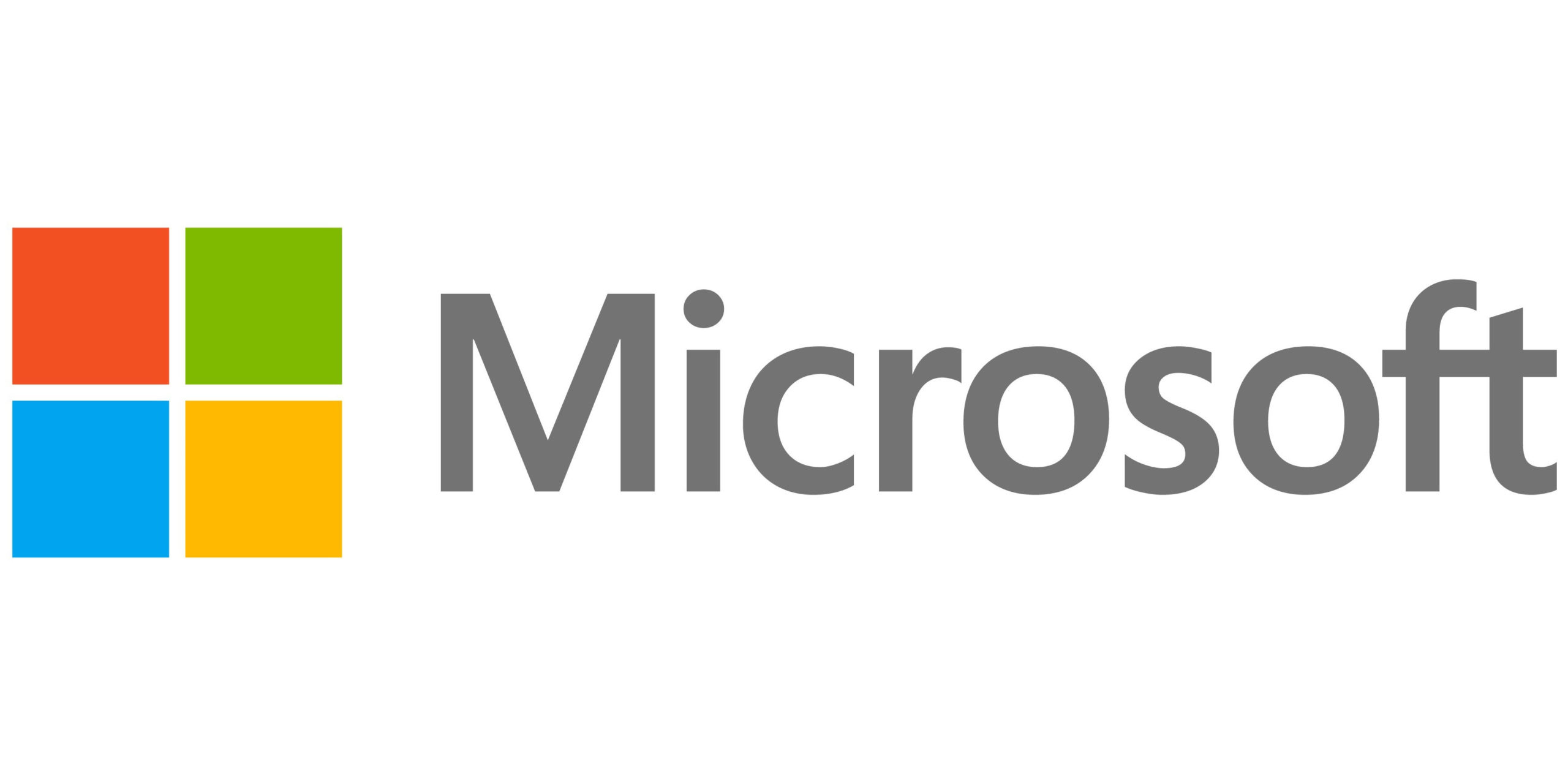
Some two years after its introduction, Microsoft is seeking to drive its Tablet PC technology into the mainstream with lower prices. But some analysts say that alone won’t do the trick–and not many PC vendors are helping Microsoft’s effort.
Microsoft and vendors including Toshiba and Acer want to move beyond niche markets, so they will no longer target Tablet PCs chiefly at mobile professionals and specific industries such as health care and insurance. This year, both Acer and Toshiba will start selling tablets that are not as thin, light, or powerful as their predecessors, but that are up to 25 percent cheaper.
“We’re right on the verge of seeing a lot more competitively priced tablets on the market,” said Robert Williams, director of business development and partner engineering in Microsoft’s Mobile Platforms Division. “This spring, you will see tablets go into retail in the $1500 to $1600 price range.”
For the past year or so, Microsoft has been working with PC makers and component suppliers to push down the cost of manufacturing Tablet PCs, Williams said. As a result, the new tablets should only be $100 to $200 more expensive than comparable notebooks, he said.
Toshiba America plans to ship a new Tablet PC in its Satellite consumer and small business notebook line in the first quarter of this year. The $1599 Satellite R15-S822 will be the first Toshiba Tablet PC to be sold widely in retail stores, said Terry Cronin, director of product management in Toshiba’s digital products division.
“The market is expanding. Tablet is becoming just another feature on top of notebooks. 2005 is really a take-off point for going mainstream,” Cronin said.
Newcomer Averatec is ahead of the curve. The San Diego company in mid-2004 shipped a $1350 Tablet PC that is sold in retail stores. At Microsoft headquarters in Redmond, Washington, several employees took a corporate credit card and bought all the Averatec machines on sale at a local Costco Wholesale store. ”
Looks like Acer is entering the Consumer market, as well.
“Acer, which has been selling Tablet PCs since the launch of Windows XP Tablet PC Edition in November 2002, later this year plans to join Toshiba and Averatec with a lower-cost Tablet PC, said Sumit Agnihotry, a product marketing manager at Acer America.
“What we’re heading to in 2005 is to drive Tablet PC to an optimal price point, basically bring Tablet PC to a traditional notebook price, and we believe that is below $1500,” Agnihotry said. Acer’s new Tablet PC may be sold in retail stores, a first for Acer, he said. ”
And here is a key bit of news for those looking for info on new HP Tablets:
“On February 2, HP plans to introduce two new Tablet PCs in its business notebook lineup. One of the devices will be the company’s first convertible notebook, a machine that resembles a traditional notebook but that has a screen that swivels around to support pen-based computing. The device will cost just over $2000, Mazzantini said. “
I’ve heard what this new convertible looks like. If its’ true, it’ll be hot!…

The power to make the paperless real estate transaction a reality is in the hands of real estate brokers, agents and county recorders, according to panelists in an Inman News audio conference on the subject Wednesday.
“On the front end, in terms of the real estate side, there is no barrier to entry. It’s legal, it’s valid, it’s being practiced today,” said Dan Tealdi, chief executive officer of Criterion’s REDTablet, a tablet PC company. “We need to see county recorders adopt technology on the title side.”
While fellow panelist Brad Dick, senior vice president of document storage firm Zodas, agreed, the third panelist on the “Paperless Real Estate Transaction” online conference went one step further.
Asked if there is actual demand on the part of buyers and sellers for the paperless transaction, Lorenzini gave a qualified “yes.”
“You’re talking about millions of transactions going on. Only a fraction of those are demanding it, but a fraction of millions is still a large number,” DocuSign’s CEO said. “Mortgage brokers, agents all believe this is inevitable. A year or two or three from now everyone’s going to be signing electronically.”
Seattle-based DocuSign’s product makes it possible for a buyer or seller to sign documents using only a PC, without additional hardware such as a stylus, from any location. REDTablet, owned by San Bruno, Calif.-based Criterion, makes tablet PCs that can capture a signature done with a stylus and apply that signature electronically to documents in a transaction.”…
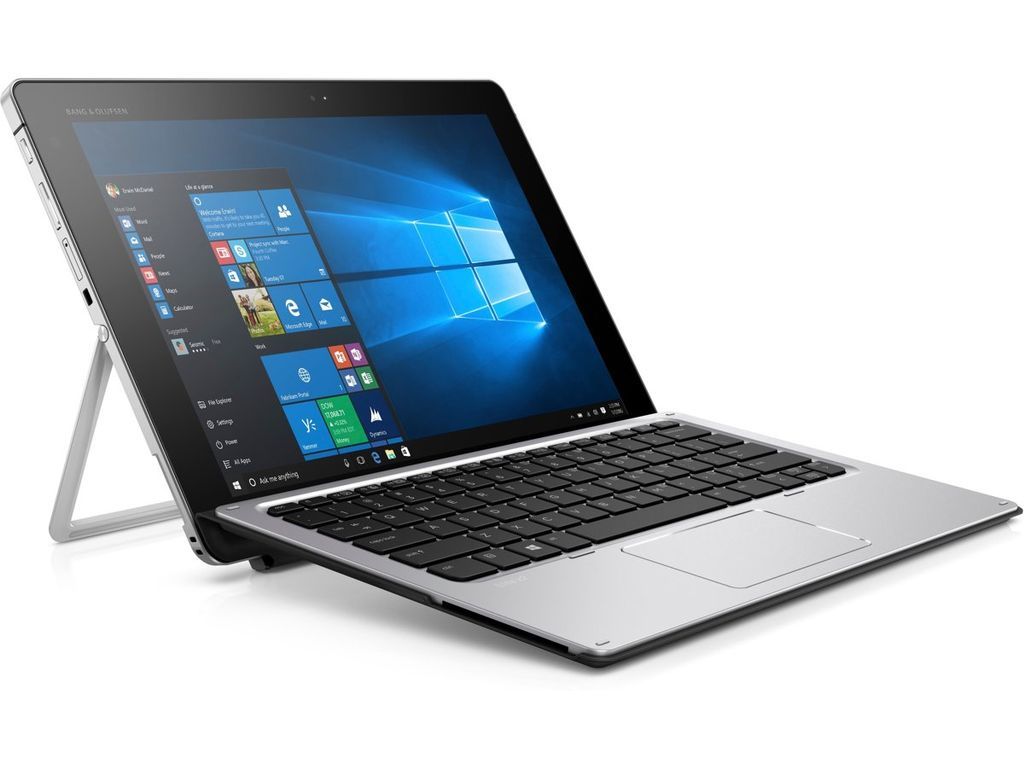
Having bloggers evangelize Microsoft’s Tablet PC is what Steve Rubel suggests as an answer to Robert Scoble’s vexation on the seeming invisibilty of the Tablet PC …
All I would like to add to this excellent thinking is related to making sure such an exercise would be wholly transparent, leaving no doubt at all in anyone’s mind exactly what the deal is here.
Taking a leaf out of Marqui’s book with its pay-the-bloggers campaign would be my suggestion.
Quick recap: Marqui makes a communication management system and they pay certain bloggers $800 a month to blog about their product, where each blogger is wholly free to write whatever they like about the product, supportive or critical. Each blogger is required to clearly disclose his affiliation on his blog, and Marqui publishes a list of all paid bloggers on their website, including an index of all posts made by the paid bloggers.
No, I’m not suggesting Microsoft pays bloggers (but that’s an interesting thought…) to write about the Tablet PC and/or Windows XP Tablet PC Edition 2005 (what a mouthful!). Rather, any blogger who gets a free Tablet PC as part of such a suggested evangelism campaign should very clearly identify that fact. Microsoft, too, would name all the names. Also bring in the providers of the actual hardware, the Tablet PCs themselves – get Toshiba, Acer, HP Compaq, etc, involved.
In such an open way – one that re-defines marketing and PR – the business benefits could be huge as with such transparency comes greater credibility and trust in the writing, the writer and the sponsors. ”
That’s a great idea and innovative thinking. I agree that it would need to be transparent. I especially like the idea of putting them in the hands of non-geek bloggers, like the Michael Hyatt’s of the world.…
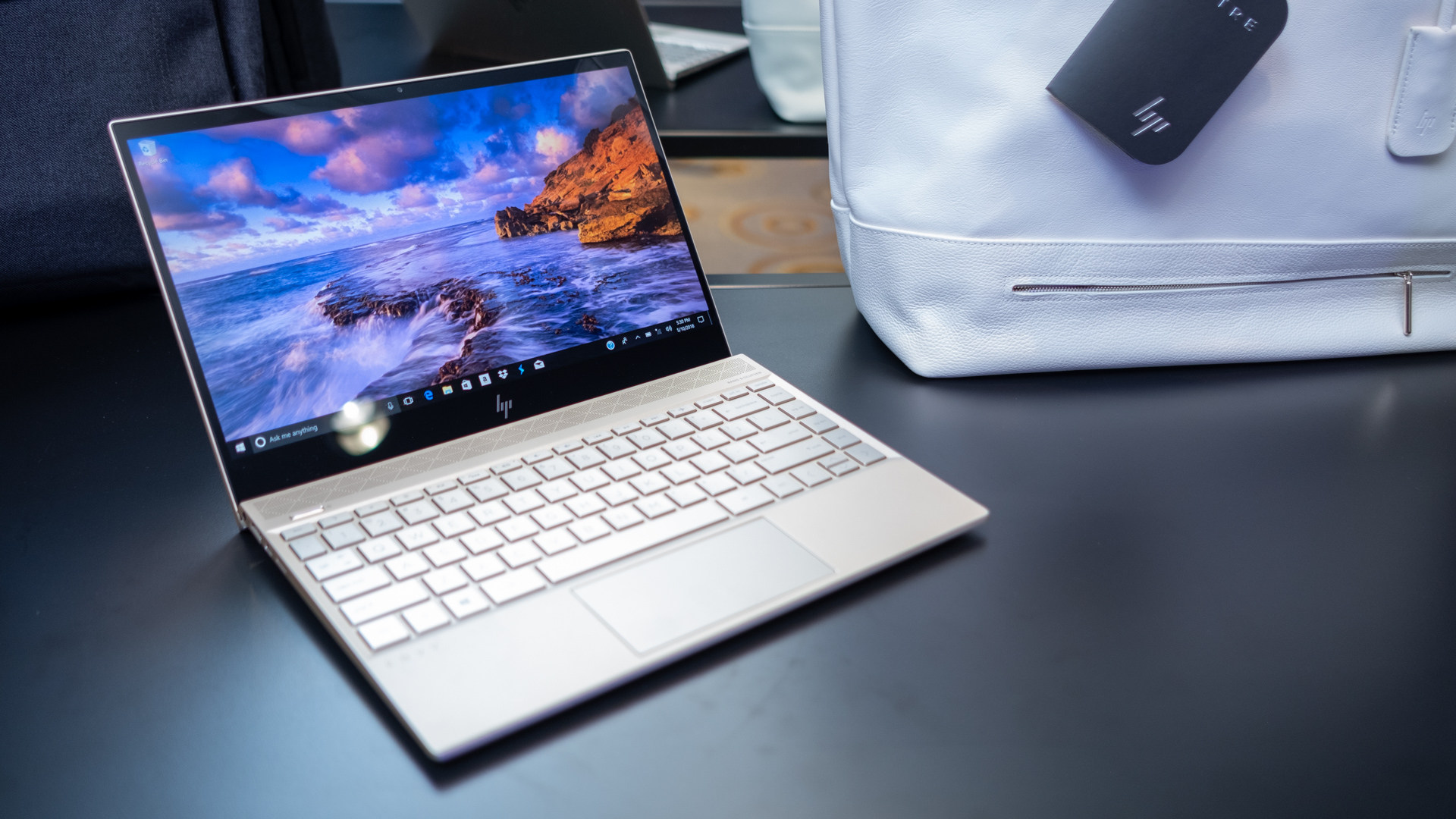
12.1″ XGA display, wide viewing angle, ambient light sensor
Processor: Intel® Pentium® M processors 730 to 770 or
Intel Celeron® M processor 370
Video: Intel Graphics Media Accelerator 900
Weight: 4.5lbs
Memory: up to 2GB, DDR II SDRAM
Removable media: Secure Digital
Battery: supports an extended battery for an additional 4 hours of battery life, and enhanced stand-by for up to 1 week.
Pen: Digital eraser pen with tether and clip.
Dimensions: Dimensions (H x W x D)
1.35 (at front) x 11.22 x 9.25 in (34.3 (at front) x 285 x 235 mm)
Price: As low as $1599
“The HP Compaq tc4200 Tablet PC is a full-function PC delivering performance and compatibility in an innovative form factor, while simplifying your computing needs with the added convenience of handwriting. The light and stylish design is meant for mobile professionals needing powerful and highly-mobile computers that also offer enhanced security and reliability. IT managers will value the full portfolio of integrated security options, breadth of integrated wireless choices, and unsurpassed common accessories and consistency with the entire enterprise notebook line. With total cost of ownership in mind the HP Compaq tc4200 Tablet PC is the ideal choice for enterprise-wide deployment to highly mobile users desiring innovation and versatility.”…
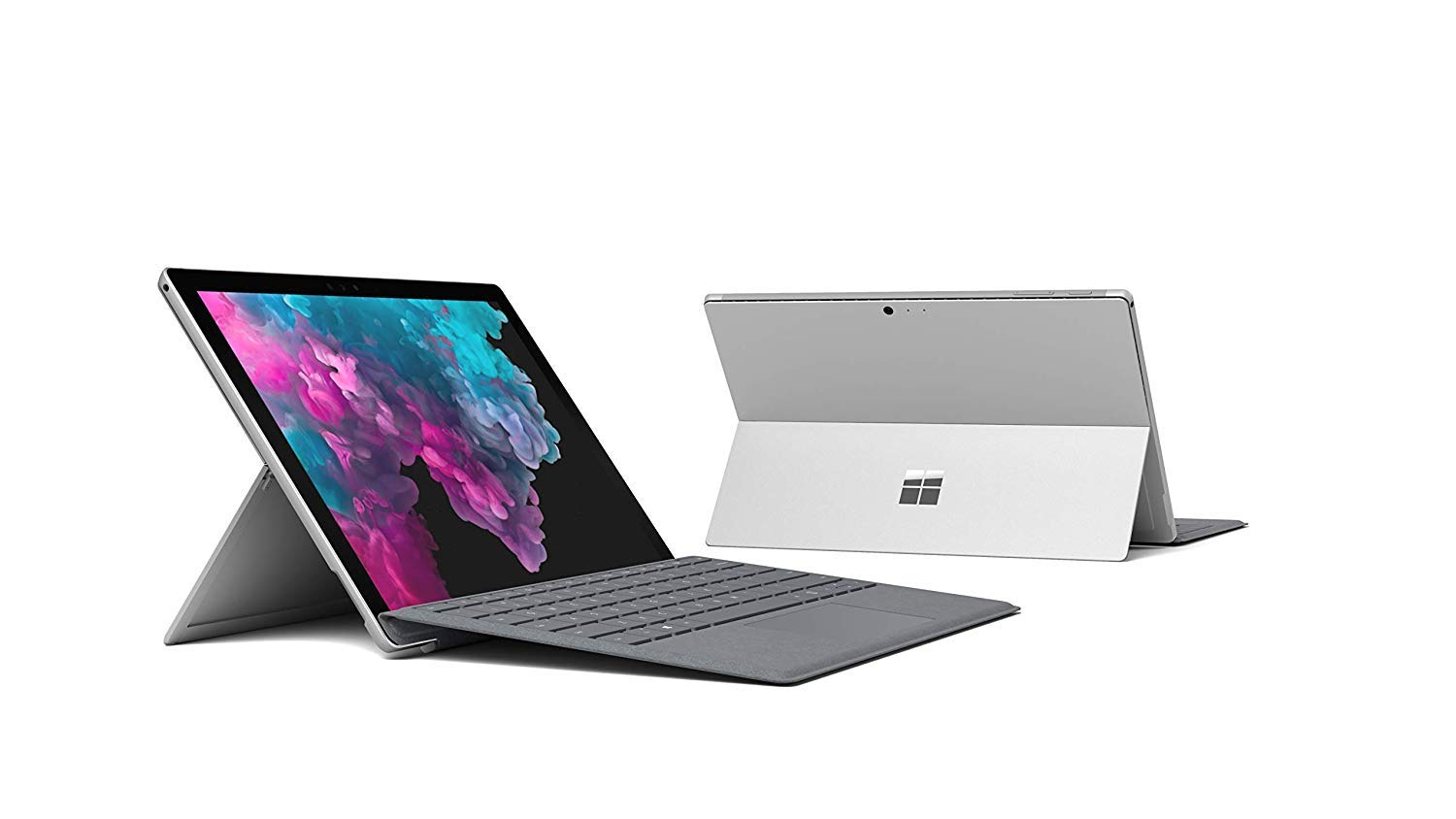
Anyone else notice that the Tablet PC has become sort of invisible lately? Hardly any new ones were announced at the big ol’ Consumer Electronics Show a few weeks ago (Bill Gates didn’t even hardly mention it during his big keynote there), sales have been mad sluggish (all 1.3% of all PCs sold are Tablet PCs, and it doesn’t help that they almost always cost more than a comparably-equipped laptop), and it’s almost like Microsoft has just lost interest in the whole thing. Well, maybe not entirely. It might not seem like they’re pushing the Tablet PC platform very hard, but PC World has an article about how Microsoft is working with Toshiba, ViewSonic, and AveraTec (i.e. spending some marketing dollars) to get more budget Tablet PC on the market. Everyone seems to think that the problem is poor marketing—that Microsoft et al. have done a poor job explaining what a Tablet PC is and what makes it different than a regular laptop—but maybe it’s time to admit that beyond a few niche markets, there just aren’t that many people who want to write by hand any more. Nothing wrong with that.”
Robert Scoble, a Micorosoft employee and Tablet PC evangelist, agrees about the marketing problem on his blog:
“But, Engadget is right. Microsoft is BLOWING it big time by not making the Tablet PC a bigger deal.
Most normal people haven’t seen a Tablet PC yet. How do I know that? Because everytime I’m on a plane people want to play with it. Same thing at the conference. People wanted a look.
That tells me that we’re leaving money on the table. Howso? Tell me, have you seen an advertisement on TV for the Tablet PC?
Let’s go over this again. Why does Apple have a marketing budget to buy TV ad spots and billboard space and magazine space for the iPod but my company can’t buy a Super Bowl commercial to show it off to normal people?”
Steve Rubel, WebProNews.com, also picked up on it:
“The solution here is, as you said, to show as many non-geek businesspeople as possible the power of the Tablet PC. Once folks lay eyes on it, they will be mesmerized (unless they already love Apple). I know I was. Unfortunately, we’re standardized on Dell here, but if they ever come out with a Tablet PC I would be game.
What Microsoft needs to do here, Robert, is find non-geek influencers who will frequently evangelize the platform to others both offline and online. Microsoft should immediately identify 500 – 1000 influential business bloggers who are big thinkers and give them free Tablet PCs systems to use.
Pick folks who travel, speak, write and appear in the press frequently – e.g. people from outside the technology community. Pick leaders who others flock to for advice. Scoble, please stop reading here and get David Allen, Pat Croce, Mark Cuban and Tom Peters Tablet PC systems ASAP. Do not pass go. They should be at the top of your list. “…